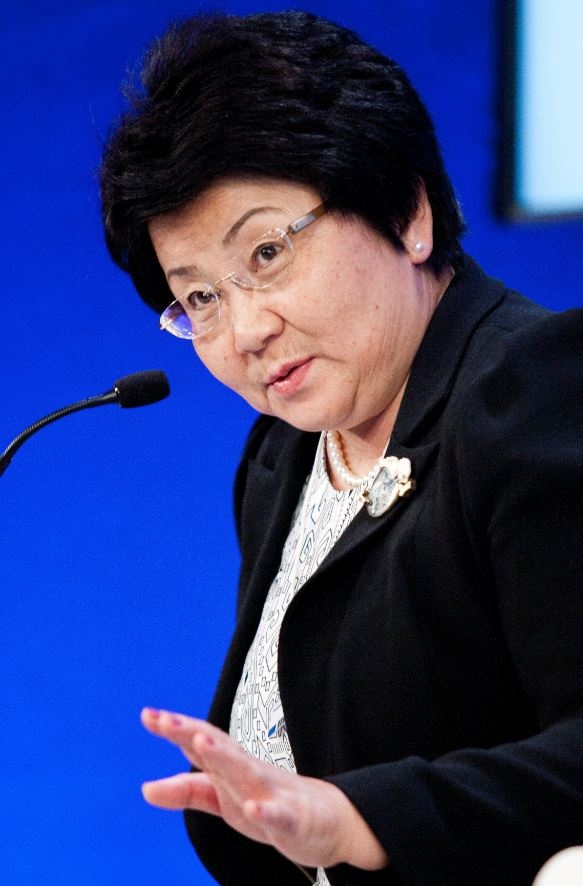Roza Otunbayeva, the former president of Kyrgyzstan, has been selected to serve as the next United Nations special envoy for Afghanistan, according to an announcement made by Secretary-General Antonio Guterres late on Friday night.
Otunbayeva has taken over as the leader of the United Nations Assistance Mission in Afghanistan (UNAMA), which previously belonged to Canadian Deborah Lyons. She will be in charge of the United Nations’ humanitarian activities as well as the negotiations with the Taliban authorities of the nation.
According to Guterres, Otunbayeva has more than 35 years of professional expertise to the job, including skills in leadership, diplomacy, civic engagement, and international collaboration.
She was the President of the country from 2010 to 2011, served three times as the Minister of Foreign Affairs, was a member of Parliament, and was the Deputy Prime Minister. In addition to that, she served as Kyrgyzstan’s ambassador to both the United States and the United Kingdom.
Otunbayeva is now serving as the leader of the Roza Otunbayeva Initiative Foundation in Kyrgyzstan in addition to being a member of the High-Level Advisory Board on Mediation that is chaired by Guterres.
Martin Griffiths, the head of humanitarian affairs for the United Nations, gave a warning to the United Nations Security Council on Monday that Afghanistan is facing a worsening poverty crisis, with six million people experiencing severe food shortages as a result of humanitarian, economic, climate, and financial crises.
According to Griffiths, war, poverty, extreme weather, and an uncertain food supply “have been a dismal reality for a very long time” in Afghanistan. According to him, the fact that large-scale development assistance has been suspended ever since the Taliban took control of the country a year ago is what makes the present scenario “so urgent.”
According to Griffiths, more over one half of the Afghan population, or around 24 million people, are in need of help, and close to 19 million are dealing with severe levels of food insecurity. According to him, “we fear” that such statistics will soon increase since the winter weather is sending already high costs for gasoline and food surging.
Since the departure of U.S. and coalition troops in August 2021 and the exit of international assistance organisations in response to the Taliban’s refusal to let females to attend school and other human rights abuses, Afghanistan’s economy has taken a nosedive and is now in a state of complete collapse.
Despite the fact that Afghan funds abroad have been frozen, President Joe Biden of the United States has signed an order requiring banks to transfer $3.5 billion of the total amount to a trust fund, where it will be distributed to humanitarian organisations for the purpose of meeting Afghan relief and basic needs.
In addition, the United Nations is asking countries that can donate money to provide billions of dollars in aid.

